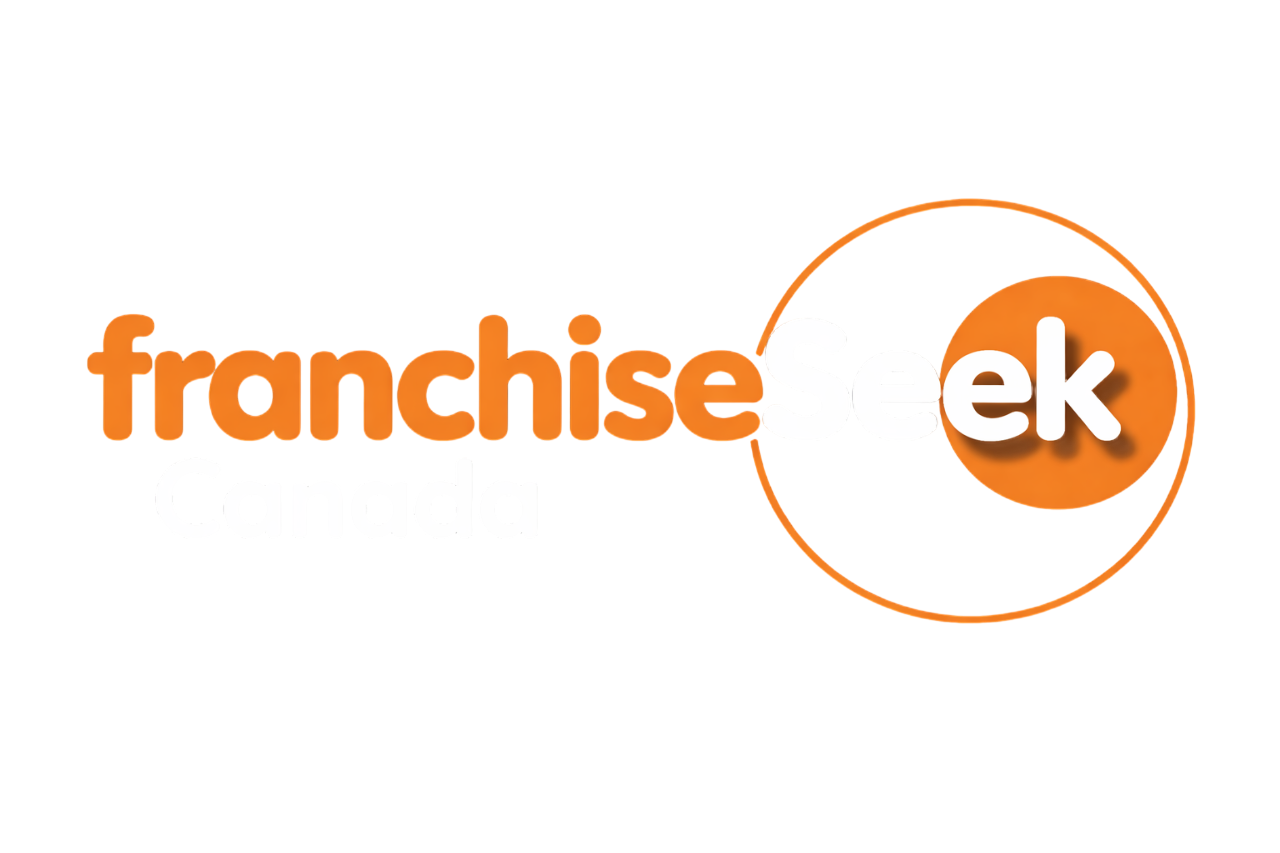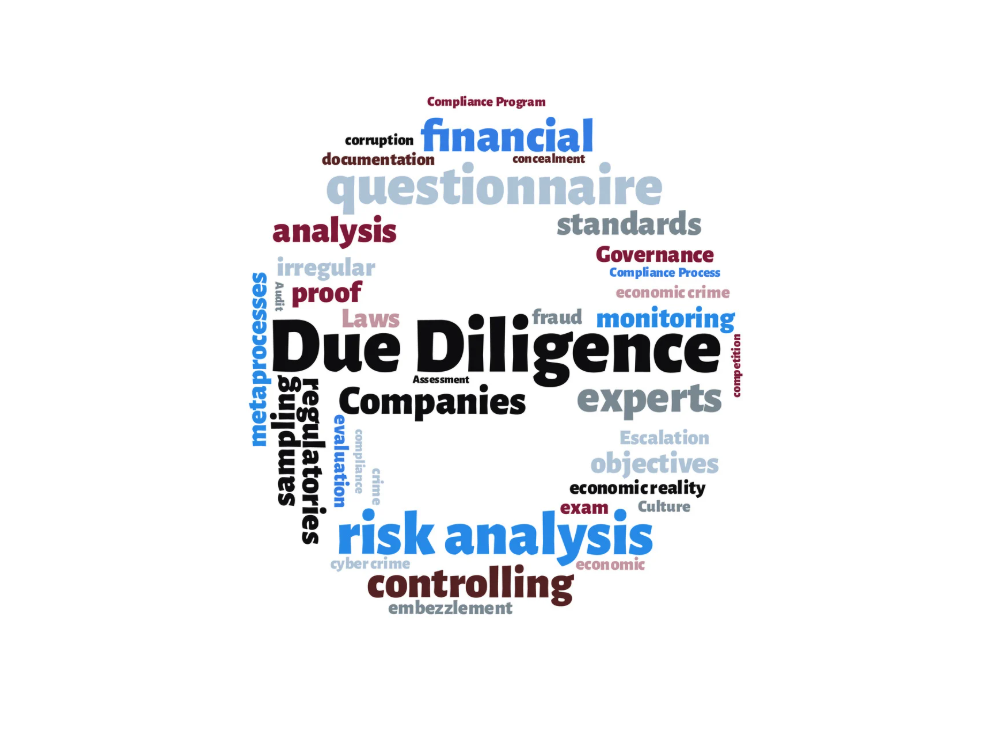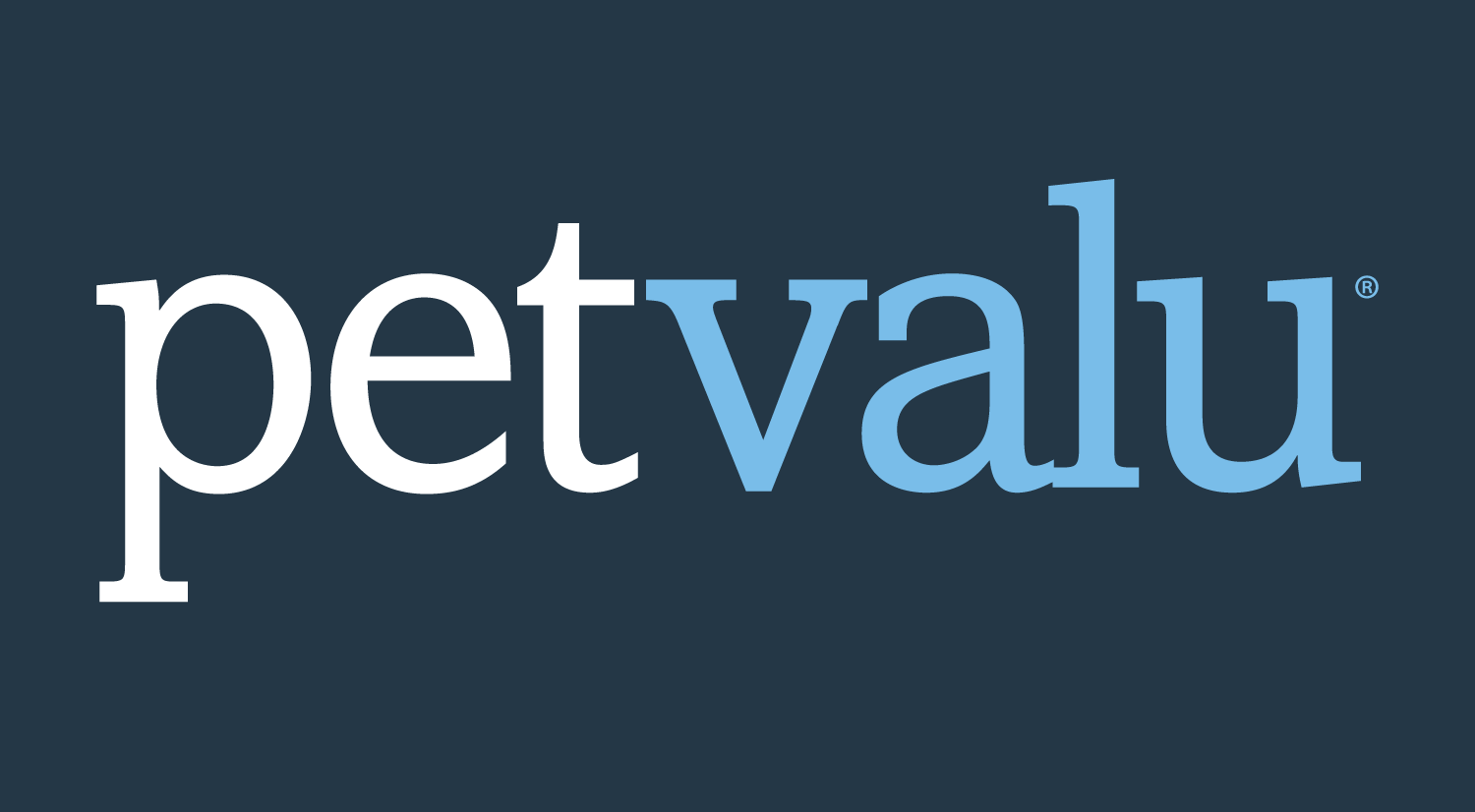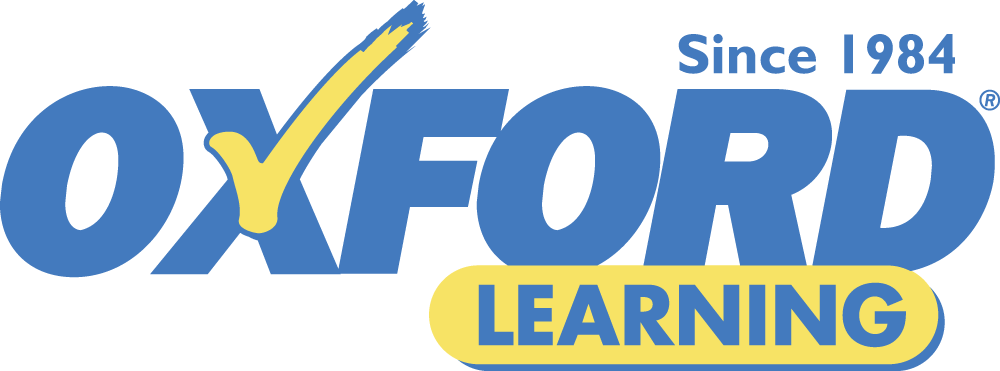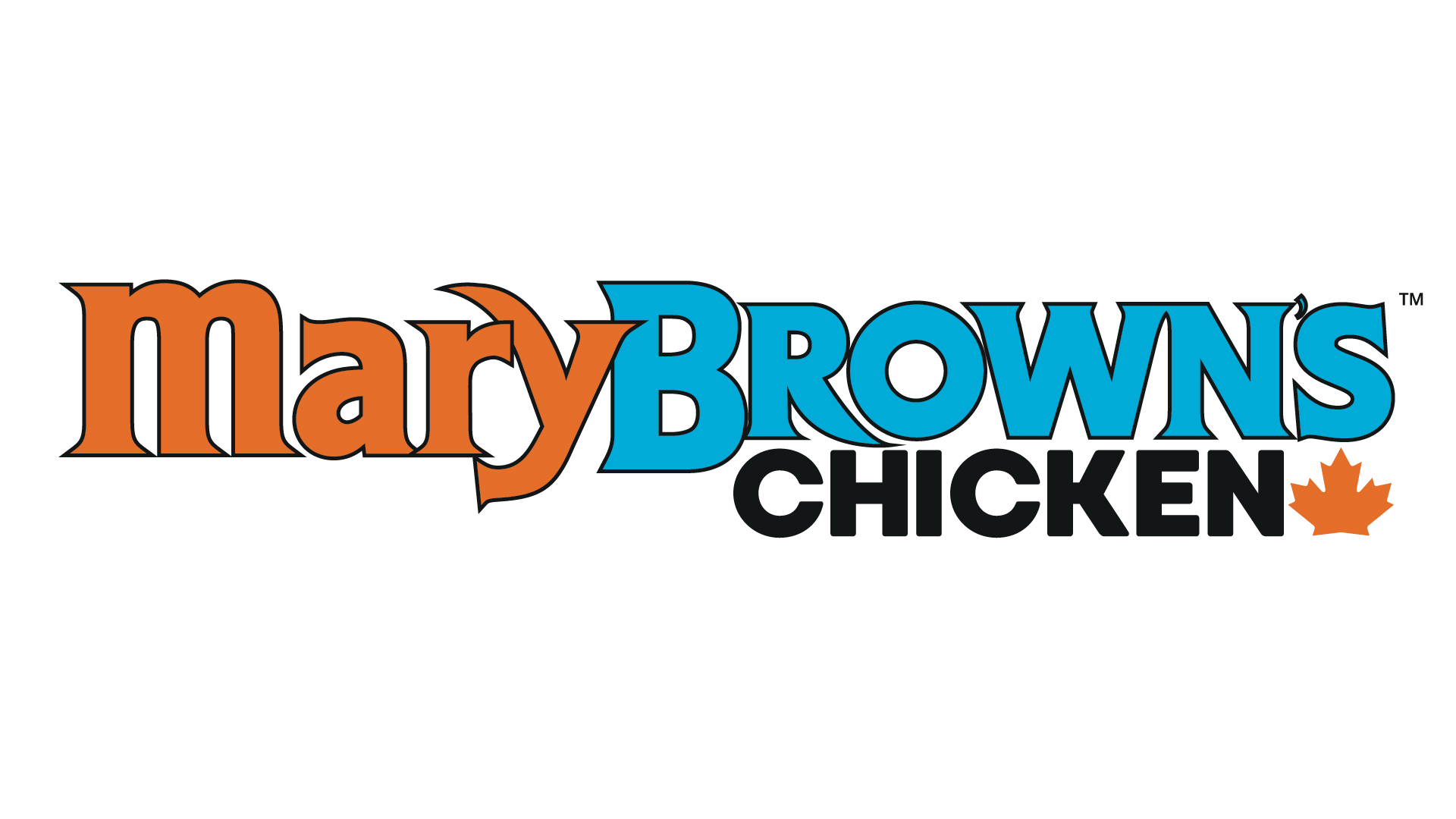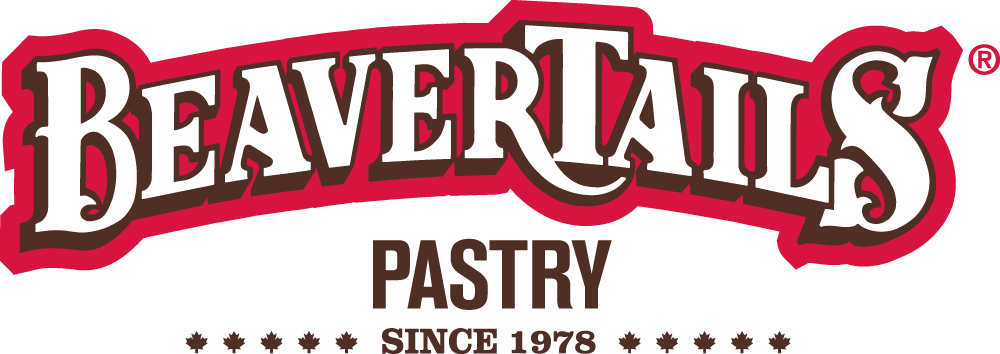Investing in a franchise can be one of the most rewarding paths to entrepreneurship in Canada. However, like any major financial decision, it comes with risks. The best way to reduce these risks is through a careful process known as due diligence. Franchise due diligence involves researching, analyzing, and verifying all aspects of the opportunity before signing an agreement. This ensures that potential franchisees fully understand the financial, legal, and operational commitments they are making. In Canada, where franchise regulations vary by province, thorough due diligence is essential to protecting one’s investment and building a foundation for long-term success.
Researching the Franchise System
The first step in due diligence is gathering as much information as possible about the franchise system. This means reviewing the franchise disclosure document, marketing materials, and the franchisor’s history. In Canada, franchisors in provinces such as Ontario, British Columbia, and Alberta are required to provide disclosure documents by law. Prospective franchisees should carefully examine these materials to understand the franchisor’s track record, financial stability, and litigation history. Independent research, including online reviews and industry reports, can provide additional context.
Analyzing the Financial Commitment
Understanding the financial aspects of a franchise is critical. Franchisees should look beyond the initial franchise fee to account for royalties, marketing contributions, startup costs, and ongoing expenses. Reviewing projected earnings and comparing them with industry benchmarks in Canada helps determine whether the investment is realistic. Working with an accountant familiar with franchising can be invaluable in this stage, as they can help assess the risks, financing options, and long-term profitability of the franchise.
Speaking with Current and Former Franchisees
One of the most valuable steps in the due diligence process is contacting current and former franchisees. These conversations provide firsthand insights into the realities of running the business. Questions about training, support, profitability, and challenges can reveal whether the franchisor delivers on its promises. In Canada, where consumer preferences and business conditions vary greatly across provinces, hearing from multiple franchisees helps build a more accurate picture of the opportunity. Former franchisees, in particular, can shed light on why they exited the system and whether they faced difficulties.
Reviewing Legal Documents
Legal review is another essential component of due diligence. The franchise agreement is a binding contract that defines the relationship between the franchisor and franchisee, including obligations, territory rights, and renewal terms. Because Canadian franchise law varies by province, it is crucial to consult a lawyer who specializes in franchising. They can explain potential risks, clarify complex clauses, and ensure that the agreement is fair. A proper legal review can prevent costly disputes later on and protect the franchisee’s rights.
Evaluating Training and Support
Franchise success often depends on the level of training and support offered by the franchisor. During due diligence, prospective franchisees should carefully evaluate what is provided. This includes initial training, ongoing education, operational manuals, marketing assistance, and field support. In Canada’s diverse marketplace, having strong support from the franchisor can make a significant difference in adapting to local conditions and customer expectations. Asking detailed questions about these resources ensures that franchisees know what to expect once the business is running.
Conclusion
Conducting franchise due diligence is a vital step for Canadian entrepreneurs considering franchise ownership. By thoroughly researching the system, analyzing the financial commitments, speaking with current and former franchisees, reviewing legal documents, and evaluating training and support, prospective franchisees can make informed decisions with confidence. Due diligence is not simply about checking boxes; it is about understanding the full scope of the opportunity and identifying potential risks before committing. For Canadians, taking the time to conduct proper due diligence ensures that the investment is not only financially sound but also aligned with their long-term goals for business ownership and success.
